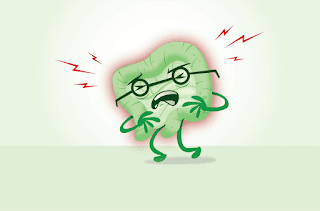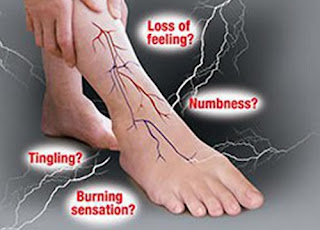Rova Tablet, Rova Description, Rova Uses

Rova Tablet Description Rova Tablet Rovastat 10 MG Tablet is used to reduce the level of cholesterol in the body. It is also used in the treatment of long-term complications, such as heart disease or stroke. A proper diet and regular exercise should be maintained along with taking this medication. In addition, this medication is used to reduce the amount of cholesterol in children and patients between the ages of 10 and 17 with hypercholesterolemia (a genetic disorder). Rova Tablet Uses 1. Hyperlipidemia Rovastat 10 MG Tablet is used to treat hyperlipidemia, which is a condition characterized by high levels of lipids in the blood. 2. Type III hyperlipoproteinemia Rovastat 10 MG Tablet is used in the treatment of type III hyperlipoproteinemia, which is a genetic disorder characterized by inadequate lipid breakdown, which causes lipid accumulation in the body. 3. Hypertriglyceridaemia Rovastat 10 MG Tablet is used to treat hypertriglyceridemia, a...



